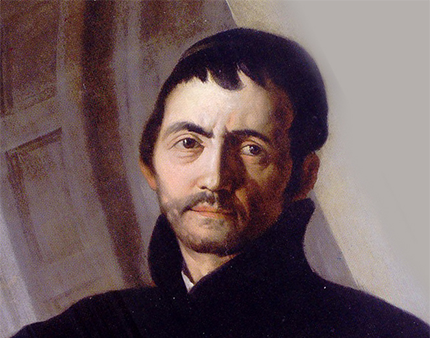
The 5 Best Compositions by Domenico Zipoli
Domenico Zipoli, an Italian Baroque composer and Jesuit missionary, may not be as widely known as some of his contemporaries, but his work holds a[…]

10 Fascinating Facts about Domenico Zipoli
Domenico Zipoli may not be a household name like Bach or Mozart, but his contributions to classical music are nothing short of remarkable. Born in[…]

Domenico Zipoli: Exploring the Life and Legacy of an Inspirational Composer
In the rich tapestry of classical music, certain composers stand out as true pioneers and visionaries. Domenico Zipoli, an Italian Baroque composer, is one such[…]

Domenico Zipoli – Missa Brevis
Domenico Zipoli – Missa Brevis Domenico Zipoli (17 October 1688 – 2 January 1726) was an Italian Baroque composer who worked and died in Córdoba, in[…]